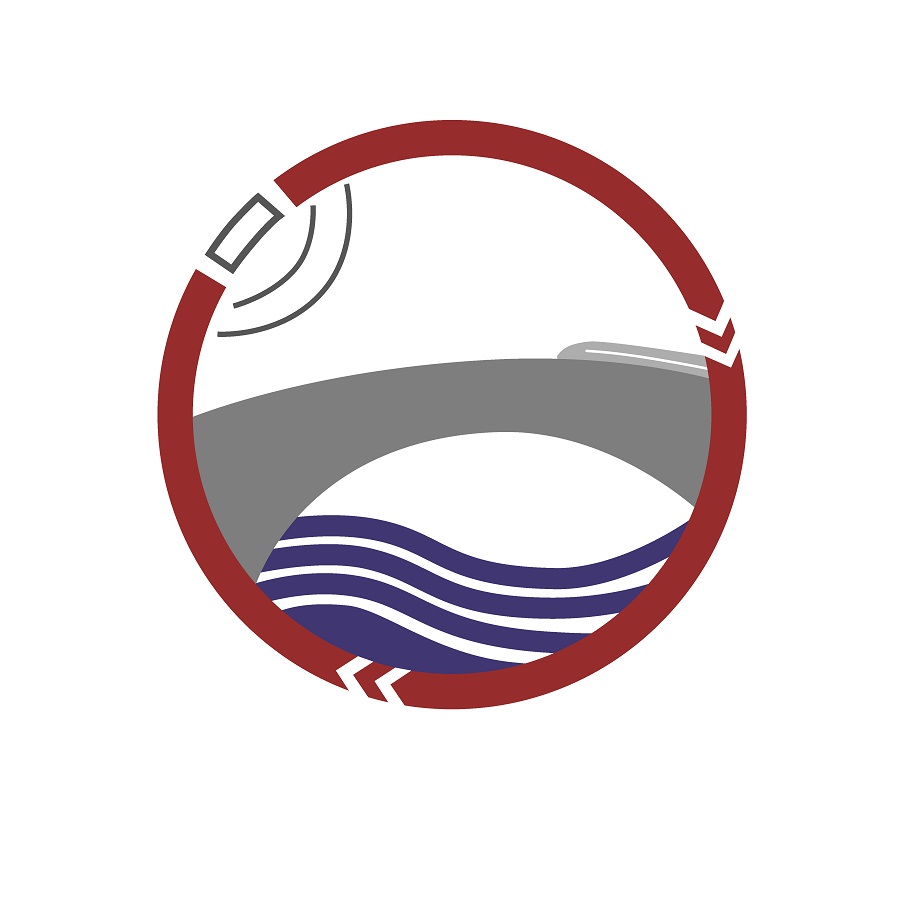| Project name | Study "Resource efficiency through industry 4.0 – Potentials for SMEs in the manufacturing sector |
| Acronym | digital Transformation / Industry 4.0 |
| Coordination | TU Darmstadt, Institute IWAR, Chair of Material Flow Management and Resource Economy |
| Project partner |
|
| Duration | 01.03.2016 – 31.03.2017 |
| Grantor |
|
| Project content |
Under the leadership of Prof. Dr. rer. nat. Liselotte Schebek and in cooperation with Prof. Dr.-Ing. Eberhard Abele (Institut PTW) and Prof. Dr.-Ing. Reiner Anderl (Fachgebiet Dik) as well as partners of the Fraunhofer IPA and the German Research Center for Artificial Intelligence, the study “Resource Efficiency through Industry 4.0 – Potentials for SMEs in the Manufacturing Sector” was prepared. The study examined the influence of the digital transformation up to Industry 4.0 on resource efficiency in manufacturing companies, with a focus on small and medium-sized enterprises (SMEs). In order to be able to assess the resource efficiency potential through Industry 4.0, a methodological approach based on the life cycle approach was developed. Interviews with 10 companies from the mechanical engineering, plastics and electrical industries provided concrete information about the digitization measures used in practice and the savings of operational resources. The case study evaluation in combination with a detailed literature evaluation showed the relationship between the savings and the necessary expenditures (hardware and software). Based on the examined practical applications, the research team was able to identify typical savings effects and analyze possible influences on upstream and downstream processes. Using the developed methodology, the savings of “natural resources” were derived from this. The study describes 11 measures of digital transformation and recommends SMEs depending on their own degree of digitization. Further findings of the research also led to the derivation of recommendations for action for actors in politics and science. Link to the study (opens in new tab) |
Department of Civil and Environmental Engineering

Research project digital Transformation/Industry 4.0
Research project digital Transformation/Industry 4.0



